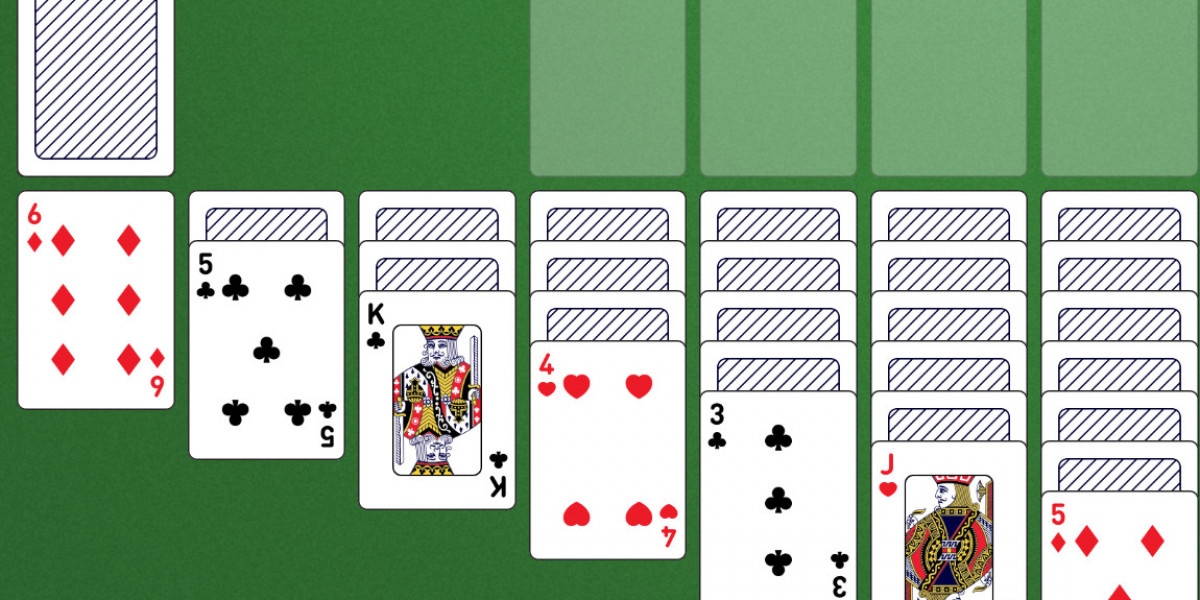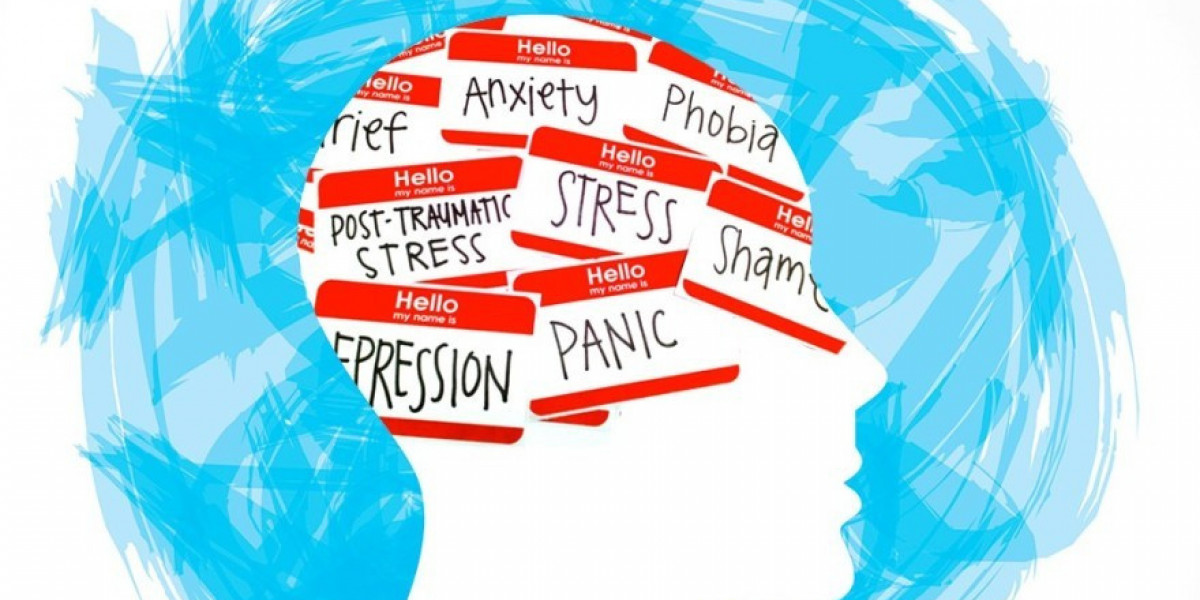Solitaire, often a solitary pastime for many, has transcended its simple deck of cards to become a global phenomenon, especially in the digital realm. But how did this game, synonymous with patience and strategy, evolve into the beloved pastime it is today? And more importantly, what has cemented its status as a timeless classic in the realm of card games?
The History of Solitaire
Origins and Evolution
The origins of Solitaire, also known as Patience in some parts of the world, are somewhat murky. Historical references suggest that the game has been around since at least the late 1700s, initially finding favor in France among the aristocracy. From there, it spread across Europe and the globe, evolving into countless variations along the way.
Solitaire in the Digital Age
The digital age catapulted Solitaire into unprecedented popularity. Microsoft Windows' inclusion of the game in its 1990 operating system was a game-changer, introducing millions to its charms. This digital version not only served as a means of entertainment but also as a tool for teaching users how to drag and drop with a mouse, showcasing the game's versatility.
Understanding the Game
The Basic Rules
At its core, Solitaire involves arranging a deck of cards according to specific rules to achieve order. The most popular version, Klondike, requires players to build up four foundation piles from Ace to King in each suit.
Common Variations
- Klondike is the most recognized form, featuring seven tableau columns of increasing lengths.
- Spider involves ten tableau columns and emphasizes the importance of sequences, requiring more strategic planning.
- Freecell offers a unique challenge with its open-cell feature, allowing temporary storage for cards.
- Pyramid is a matching game at heart, focusing on pairing cards to add up to thirteen.
Strategies for Winning
General Tips include not rushing your moves, focusing on the tableau columns first, and being strategic about the use of the deck and the waste pile.
Strategy for Klondike emphasizes exposing hidden cards and using the foundation piles wisely.
Strategy for Spider involves understanding when to build sequences and the importance of empty tableau spaces.
The Psychological Benefits
Stress Reduction is a significant benefit, offering a mental break and a sense of accomplishment upon completion.
Cognitive Benefits include improved concentration, patience, and strategic thinking skills.
Playing Solitaire Online
Platforms to Play range from apps to websites, offering variations and challenges for all skill levels.
Multiplayer Versions introduce a competitive element, allowing players to engage with others and share in the Solitaire experience.
The Cultural Impact of Solitaire
Solitaire in Pop Culture has seen references in films, books, and music, reflecting its widespread appeal.
Competitive Solitaire might sound like an oxymoron, but tournaments and online competitions have taken the game to new levels, showcasing its strategic depth.
Conclusion
Solitaire, with its rich history, diverse variations, and enduring popularity, is more than just a game. It's a mental exercise, a stress reliever, and a cultural phenomenon that continues to evolve. Whether you're playing a quick game on your phone or diving deep into strategy, Solitaire remains a beloved pastime for people of all ages.
FAQs
What is the best strategy for winning at Solitaire?
- While strategies can vary depending on the variation you're playing, key tips include prioritizing moves that reveal hidden cards and carefully planning your moves with the end goal in mind.
Can Solitaire actually help reduce stress?
- Yes, the repetitive nature and concentration required can offer a mental break from stress, providing a sense of calm and focus.
Are there any multiplayer versions of Solitaire?
- Yes, several platforms offer multiplayer Solitaire, allowing you to compete against others or work together to solve a game.
What makes Klondike the most popular version of Solitaire?
- Its balance of simplicity and challenge, along with its widespread exposure through Microsoft Windows, has made Klondike the most recognized and played version.
Can playing Solitaire improve your cognitive skills?
- Absolutely. Regularly playing Solitaire can help improve concentration, patience, and strategic thinking skills, all of which are beneficial beyond the game.








